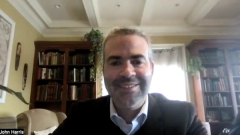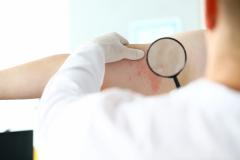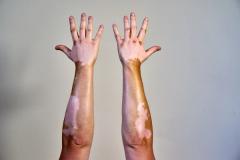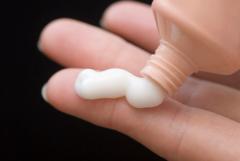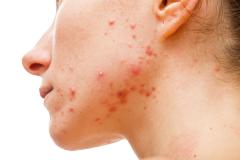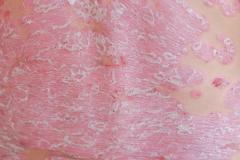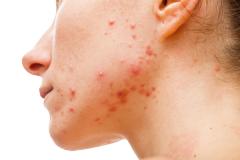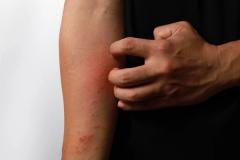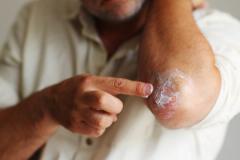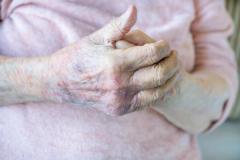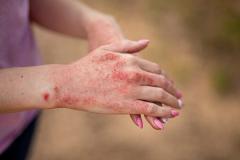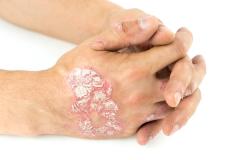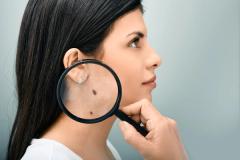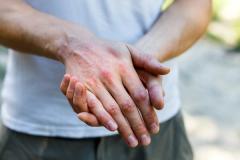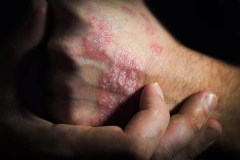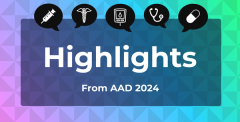
Dr Martin Dahl Summarizes Findings, Limitations of Study Analyzing ANB032 Use in Patients With AD
Martin Dahl, PhD, of AnaptysBio discusses the findings and limitations of a study analyzing use of ANB032 in patients with atopic dermatitis (AD).
This content was produced independently by The American Journal of Managed Care® and is not endorsed by the American Academy of Dermatology.
Martin Dahl, PhD, senior vice president of research at AnaptysBio, summarized the findings and limitations of a
This study's findings were presented in a
Transcript
What were your primary findings? Did anything surprise you?
Our primary findings were confirmatory that BTLA [B and T cell lymphocyte attenuator] is expressed on the dendritic cells. It replicates a lot of literature that's out there describing the role of BTLA in dendritic cell and T-cell biology.
The results were not surprising. I think we're excited to see this induction of regulatory T cells; we'd like to see that replicated in humans. In fact, that biology, if it can be shown to happen in the skin, could contribute to the long-term durable responses.
Through the agonistic mechanism, we're turning the T cells off, which should bring the patient to a more homeostatic state and reduce their inflammatory burden. Through the expansion of regulatory T cells and the deactivation of dendritic cells, we should see a durable response that helps them maintain that tolerogenic state for a longer period, even off-drug.
Were there any study limitations? If so, what future study directions may address these challenges?
Let's see. The limitation here is that we're studying everything in vitro. Our phase 2 study in humans in atopic dermatitis will include biopsy samples from the skin, as well as tape stripping, and we're looking to confirm some of these findings in our phase 2 study.
How do environmental factors, such as allergens and irritants, interact with genetic susceptibility to exacerbate or trigger AD episodes? How can this understanding inform therapeutic strategies?
That's a great question. So, all of those factors, many of the environmental factors, the pathogen-derived factors, can be activating signals for dendritic cells; we used one of those to induce BTLA expression on the dendritic cells in our studies.
All of those things can contribute to exacerbations or chronic disease in the setting of atopic dermatitis, and that's exactly the signal we're trying to go after downstream by targeting the dendritic cells and the T cells with ANB032.
Newsletter
Stay ahead of policy, cost, and value—subscribe to AJMC for expert insights at the intersection of clinical care and health economics.


